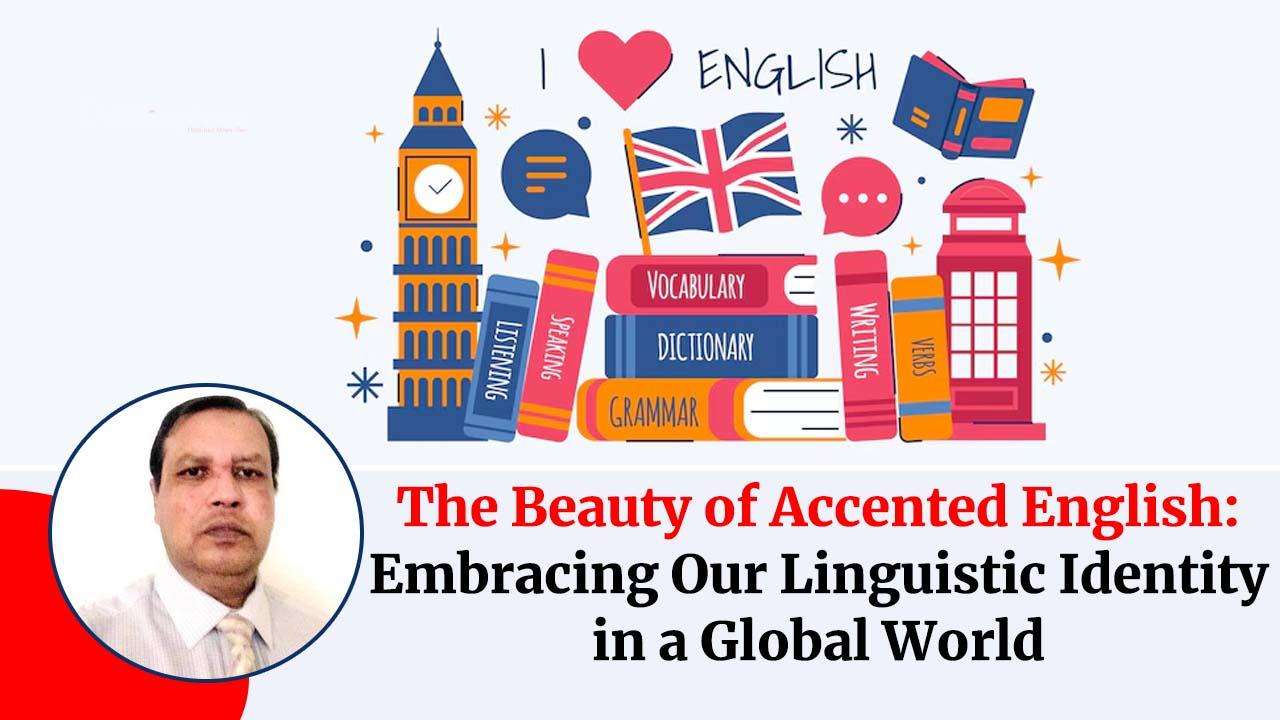The Tapestry of Global Voice
In the vast tapestry of global communication, accents are the vibrant threads that tell stories of origin, culture, and identity. For Bengali speakers, the subtle lilt of our English—infused with the melodic cadence of our mother tongue—is not merely a linguistic quirk but a reflection of our journey through worlds, both familiar and foreign. Our Bengali-accented English is not universal among us, but where it exists, it offers a beautiful testament to the fusion of languages and identities.
Yet, this natural phenomenon often encounters undue scrutiny. The social response to accented English reveals a web of biases that are as unnecessary as they are disheartening. We face knowing smirks, unsolicited corrections, and condescending laughter that, though subtle, carve deep wounds. These experiences create invisible barriers for speakers, making them hesitant and self-conscious. The irony deepens when we, the recipients of such criticism, find ourselves mocking the accents of our neighbors from India, Nepal, or Bhutan—a cycle of judgment that diminishes everyone involved.
Beyond Perfect Pronunciation
Does the absence of a "native" accent truly hinder communication? Consider this: when we hear an Indian, Nepali, or Bhutanese speaker, do we struggle to understand them? Rarely. We comprehend their English easily, even as their words carry the distinct markers of their linguistic heritage. Why then, do we turn our critical gaze inward, mocking our own accents and those of our countrymen? And those who mock—which "standard" are they comparing against? British English? American? Australian? Canadian?
The reality is that English, once the language of a select few, has evolved into a global lingua franca. It has absorbed and reflected the characteristics of countless cultures, thriving on its diversity. Today, there is no singular "correct" English pronunciation; instead, there is a mosaic of accents, each representing a unique interaction between English and local tongues. To cling to an outdated notion of "purity" in pronunciation is to misunderstand the nature of language itself.
The Living Language
Language is not static. It is a living, breathing entity, adapting to the cultures and communities that use it. Just as the Padma River molds itself to the landscape it flows through, English evolves to suit the linguistic ecosystems it enters. The accents that emerge from this process are not imperfections but evidence of the language's adaptability and vitality.
When I speak English with a Bengali accent, I am not "failing" at English. Rather, I am expressing a deep part of my cultural identity, bridging two linguistic worlds with each word. My accent is not a barrier to understanding but a reflection of where I come from—a signature of my heritage carried in every syllable, much like the rhythms of Rabindra Sangeet weaving through our cultural consciousness.
The Global Symphony of English
Consider the global variations of English: the confident articulation of Indian English, the rhythmic patterns of Nigerian English, the precise efficiency of Singaporean English, the vibrant tones of Jamaican Patois. Each of these forms has carved a space for itself in the global conversation, celebrated for its uniqueness rather than diminished for its difference. They remind us that English belongs to everyone who speaks it—not just to those born into it as a first language.
For most of us, English is a second language, shaped by the sounds and structures of our mother tongue. Expecting second-language speakers to mimic the pronunciation of native speakers is both unrealistic and misguided. Our accents are shaped by the cultural and linguistic environments we grew up in, and far from being a hindrance, they are a testament to our adaptability and resilience in a multilingual world.
Lessons from Native Speakers
In over thirty years of living in English-speaking countries, a remarkable truth emerges: Native English speakers often show greater acceptance of diverse accents than we do of our own. They understand that for many, English is a second language, and they appreciate the effort it takes to communicate in it. This attitude of humility and acceptance is a lesson we must embrace.
Breaking the Cycle
Let us end the cycle of linguistic judgment. When a Bengali professional speaks at an international conference, their accent carries the intellectual legacy of centuries of Bengali thought. When a Bengali teacher educates global students in English, their pronunciation becomes a bridge, not a barrier, to understanding. These are not weaknesses but powerful affirmations of cultural synthesis and human connection.
Embracing Our Voice
For those who struggle with accent anxiety, remember this: Your accent is not a limitation but a testament to your linguistic journey. It reflects your ability to navigate multiple worlds, carrying the essence of one culture while engaging with another. Speak with confidence, for your voice is a gift to the diversity of global communication.
The Future of Global English
The future of English lies in its diversity. It is a language that unites without erasing individuality, that bridges cultures without demanding uniformity. By embracing our accents, we not only celebrate our unique stories but also contribute to a richer, more inclusive global dialogue.
So, let us speak English proudly—not as linguistic tourists mimicking native guides but as confident travelers sharing the beauty of our heritage through every accented word. For in our accents lies the true spirit of global English: a language that belongs to all who use it to connect, create, and communicate across the infinite diversity of our world.
In a world where diversity is increasingly celebrated, our accented English is not a limitation—it is a testament to our journey, a celebration of our heritage, and a bridge to our shared future.
----
Author: Nurur Rahim Noman








.svg)
